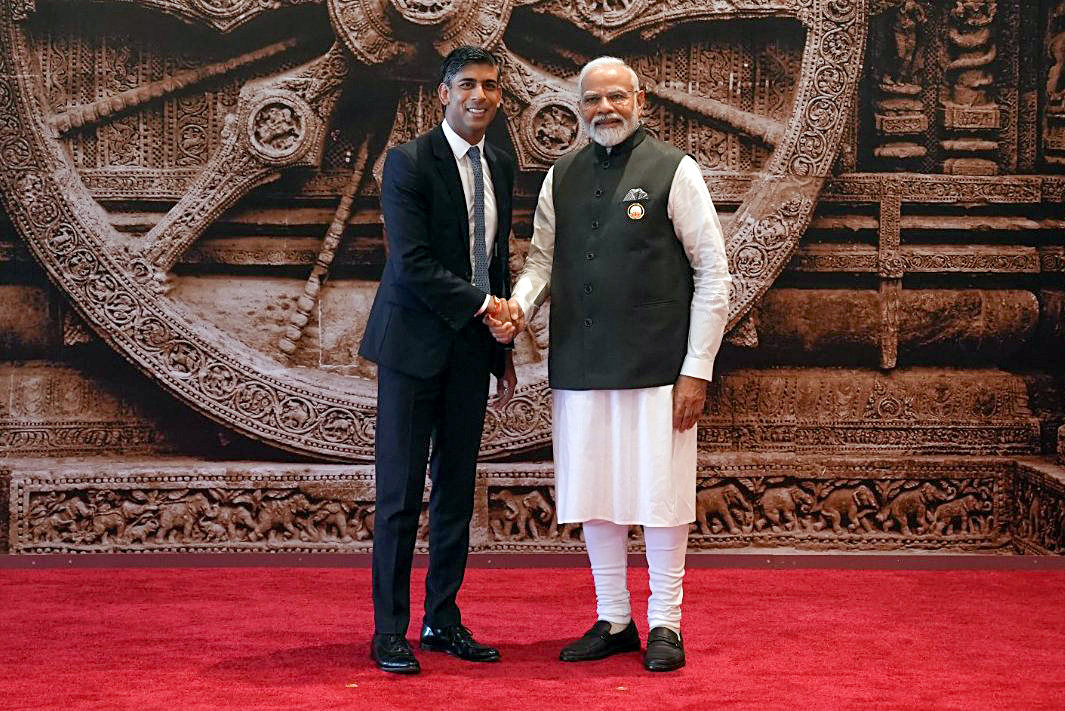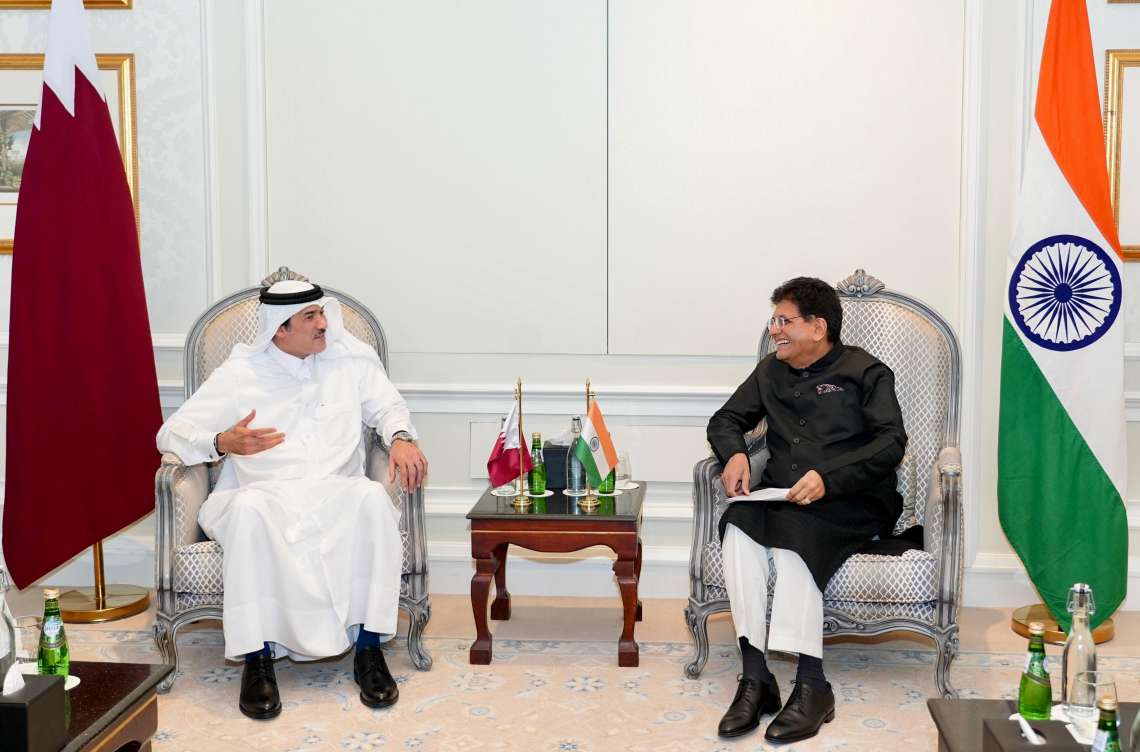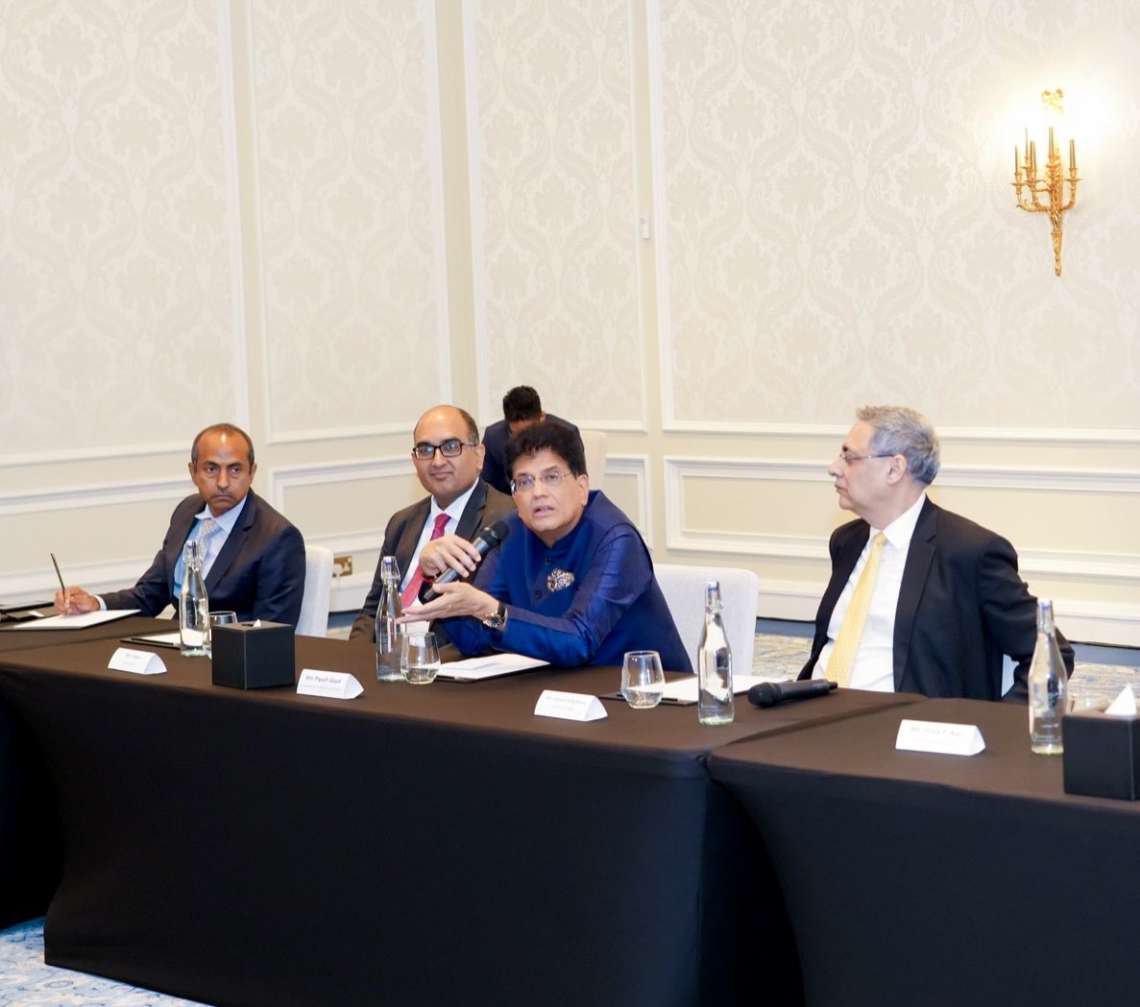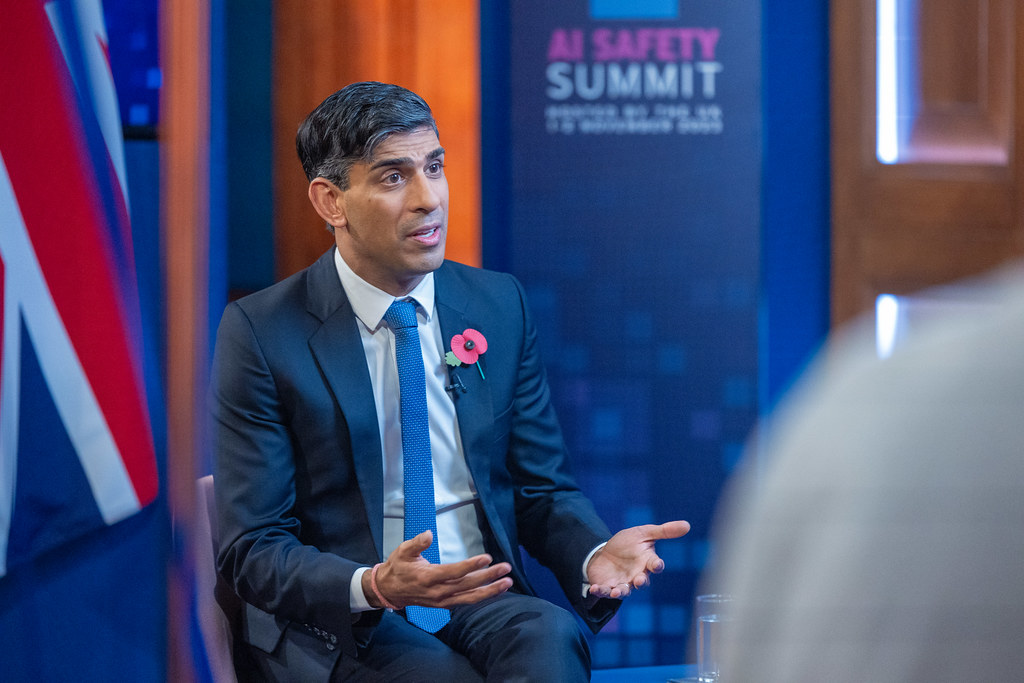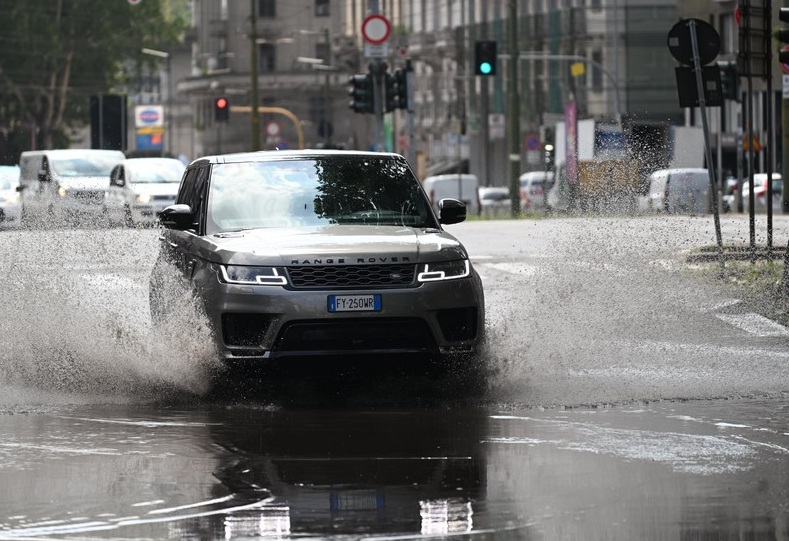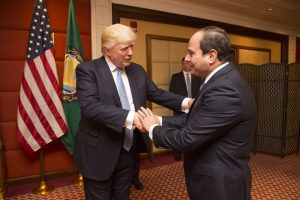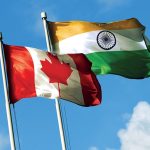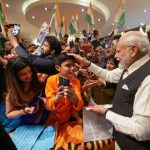Forcing India to impose more stringent IP-protection rules would mean the NHS and other healthcare systems would have to buy more expensive products for longer…reports Asian Lite News
A group of lawmakers, academics, medics and charities has urged the UK government to scrap intellectual property demands in their trade negotiations with India, which critics say could threaten imports of cheap life-saving drugs.
Leaked documents from negotiations showed the UK wants India to tighten its IP laws in the free trade agreement under negotiation, Bloomberg reported. This would give patent protection to medications for longer than they currently get in the South Asian country — a position welcomed by major pharmaceuticals developers including Astrazeneca, Glaxosmithkline and Sanofi, which expect higher demand for their more expensive products.
But critics say the changes would damage India’s position as a leading provider of generic drugs — essentially “copycat” versions of those which fall out of patent. That would raise costs for the UK’s National Health Service and for poorer countries and healthcare charities.
In a letter, addressed to officials including UK Prime Minister Rishi Sunak and Trade Secretary Kemi Badenoch, the UK Missing Medicines Coalition pulled together various groups expressing concerns about IP provisions. It’s being released as people close to the negotiations say a deal is in its final stages. Both sides are eager to reach a deal by the end of the year ahead of national elections due next year, but IP and separate rules dealing with the origin of products remain sticking points.
The criticism is uncomfortable for Sunak, who is trailing the opposition Labour party in polls ahead of a general election expected next year. While pushing India to impose stricter IP rules would be popular with pharmaceuticals firms, it would add to pressures on the NHS which already swallows about a fifth of the government’s total managed expenditure.
The letter has more than 50 signatories, including members of Parliament such as Labour’s Richard Burgon and Kim Johnson, charities including Oxfam and Medecins Sans Frontieres, and academics at institutions from the UCL Institute for Global Health to the University of Strathclyde. They said they were “deeply concerned” by the impact which the FTA might have on the price of medications.
“There are critical safeguards included in Indian patent laws which protect public health whilst complying with international IP rules,” the letter said. “Health systems around the world, including in low- and middle-income countries, rely on the availability of quality-assured, affordable generic medicines from India.”
A quarter of medicines purchased by the UK’s NHS are from Indian generic companies, the letter added. Currently the NHS only buys generic medicines when UK patents have expired. But because India’s patent rules are looser, by the time UK patents are up there is usually a ready supply of generic drugs that has already been made in India.
Forcing India to impose more stringent IP-protection rules would mean the NHS and other healthcare systems would have to buy more expensive products for longer.
When pressed on their IP demands, UK officials “repeat the mantra that ‘Nothing we do is going to damage the NHS,’” said Nick Dearden, director of campaign group Global Justice Now which is a signatory to the letter. “But they clearly don’t actually understand how the generic industry works. The reason we’re buying these drugs from India is precisely because it has looser rules on intellectual property, and therefore can be in a position to have drugs up and ready and running by the time the patent expires in the UK.”
A government spokesperson said officials would “never agree provisions that would increase the cost of medicines for our NHS.”
ALSO READ-India, EU Discuss Progress in FTA Talks

